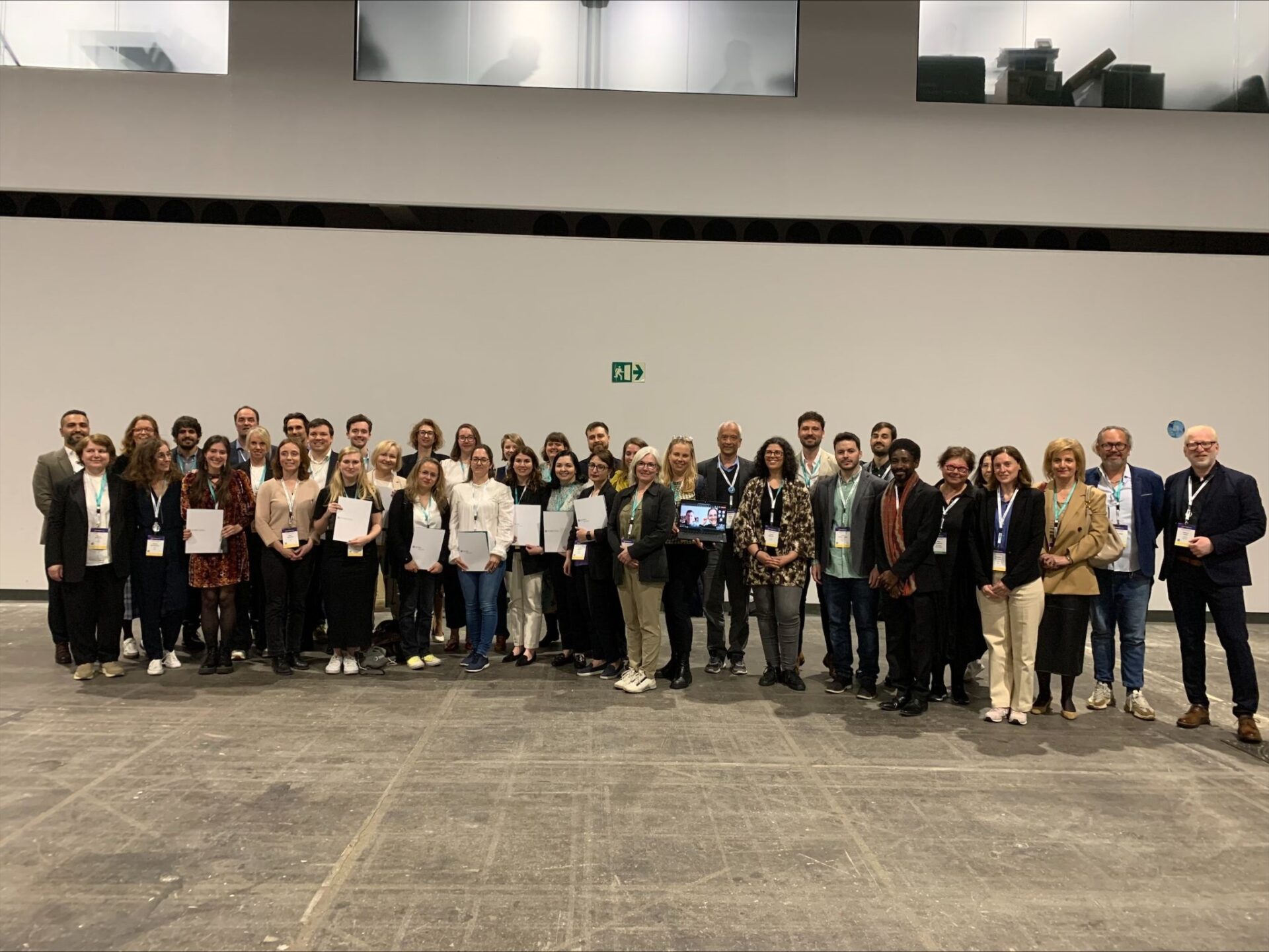Notable developments include integration into Georgia’s National Action Plan and capacity-building achievements, marking significant milestones in the country’s ongoing efforts to address AMR.
Project Overview
Antimicrobial resistance poses a significant challenge in Georgia, prompting a focused response to mitigate its impact. While past initiatives emphasized strengthening surveillance systems and implementing infection prevention and control measures, the absence of concrete actions to establish Antimicrobial Stewardship Programs (ASPs) highlighted an area for improvement.
The ICARS project, spanning across ten hospitals, concentrates on key surgical procedures including herniorrhaphy, hip joint surgery, endoprosthesis, and Caesarean section. Through four comprehensive Work Packages (WPs), the project aims to promote prudent antibiotic use for Surgical Antibiotic Prophylaxis (SAP) by instituting an antimicrobial stewardship program (ASP).
Encouraging Developments
Integration into National Action Plan
A recent success is the integration of Surgical Antibiotic Prophylaxis into Georgia’s National Action Plan on AMR. This alignment underscores the significance of the project and represents a noteworthy milestone for both ICARS and the dedicated project team operating in Georgia. Biannual Point Prevalence Surveys have now been established to monitor adherence to antimicrobial prophylaxis guidelines, with the aim of inspiring similar initiatives nationwide. Gloria Córdoba, Senior Science Advisor at ICARS, expressed optimism about the integration, stating, “The integration of the project into the National Action Plan marks a milestone in our efforts to mitigate AMR. Through ongoing monitoring, we aim to set a precedent for widespread implementation. This is a significant step towards ensuring the long-term sustainability of the project’s achievements.”
Capacity Building Achievement
Marika Tsereteli, the project coordinator, also achieved a notable milestone by completing ESCMID’s Antimicrobial Stewardship (AMS) Certificate Programme, as part of the first cohort of the initiative. Marika’s dedication underscores the project’s commitment to fostering sustainable change in AMS practices across hospital settings.
“Completing the AMS Certificate Programme is a testament to our team’s dedication. With enhanced knowledge, we are better positioned to drive positive change in AMS practices.”
Marika Tsereteli, Project Coordinator
The progress driven by the ICARS human health project in Georgia underlines the collective commitment to mitigating AMR in the country, fostering a practice of prudent antibiotic use. ICARS eagerly anticipates continued collaboration with Georgia and looks forward to seeing the tangible impact of the project on advancing antimicrobial stewardship throughout the country.


